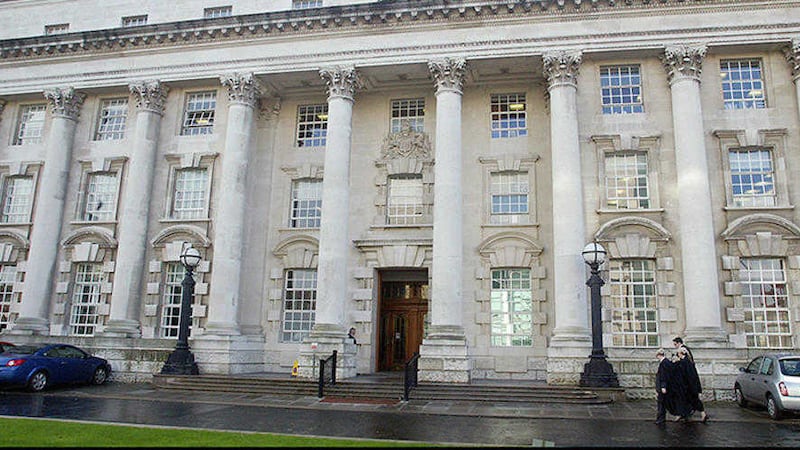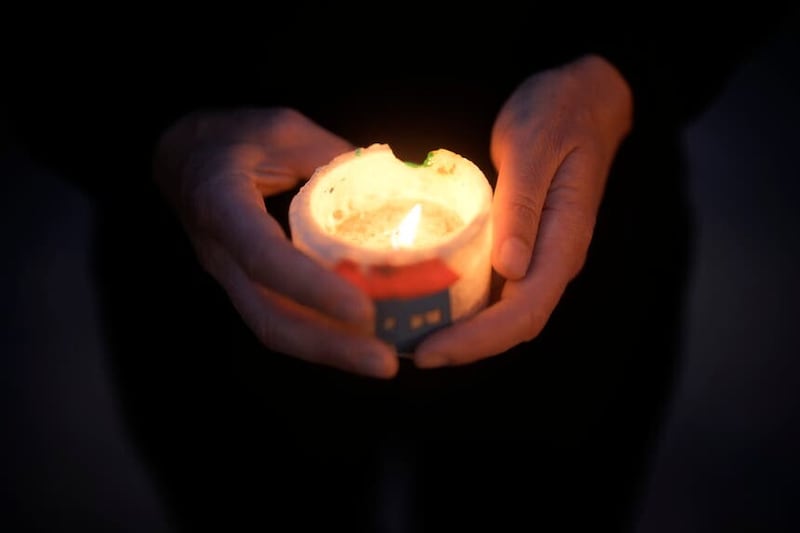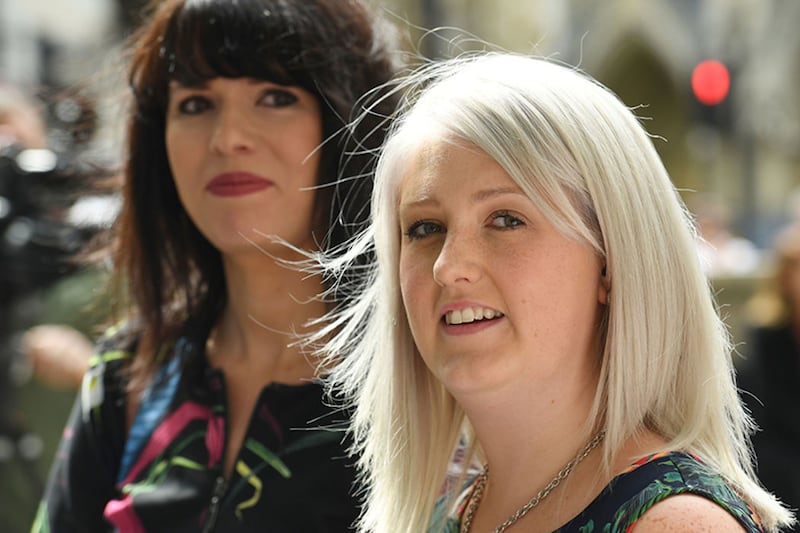ABORTION law in Northern Ireland breaches the human rights of pregnant women in cases of fatal foetal abnormalities or resulting from a sex crime, the High Court ruled yesterday.
Mr Justice Horner held that the failure to provide exceptions to the ban in both categories contravenes entitlements to respect for private and family life.
The judge will now consider further legal submissions before deciding if he should formally declare the legislation incompatible with the UK's obligations under the Human Rights Act.
His landmark verdict came in a challenge mounted by the Northern Ireland Human Rights Commission.
Unlike other parts of the UK, abortions are currently only legal within the region to protect the woman's life or if there is a risk of serious damage to her wellbeing.
Judicial review proceedings were issued after the Department of Justice launched a public consultation on amending the criminal law.
That process concluded with a recommendation for new legislation dealing with cases of fatal foetal abnormality.
But with no proposed changes covering pregnancies resulting from sexual crime, the Commission claims the consultation does not go far enough.
It was also seeking to have terminations legalised in cases of rape or serious foetal malformation.
During the legal battle were also made on behalf of Attorney General John Larkin QC, the Catholic Bishops in Northern Ireland, and Sarah Ewart - a woman from Northern Ireland who went to England for an abortion after learning her unborn baby had no chance of survival.
Attorney General John Larkin said in a brief statement that he was "profoundly disappointed" by the decision and was "considering the grounds for appeal".
The court heard claims that the current near-blanket ban is inhuman and discriminatory.
Counsel for Commission argued that traumatised women and girls being forced to cross the Irish Sea for pregnancy terminations are victims of the legislation in Northern Ireland.
More than 800 were said to have made the journeys in 2013. Five of those were aged under 16, the court heard. Two years earlier 19 girls in that age group made the trip.
Mr Justice Horner took more than 90 minutes to deliver his ruling to a packed courtroom. The judge stressed the case was not about the general right to abortion.
Instead, he was only dealing with alleged failures to provide limited exceptions to the ban, and determining if this complied with the European Convention on Human Rights.
The judge insisted there should be equality of treatment between a foetus which will develop into a child without physical or mental disability and a foetus which will develop into a child with a physical and/or mental disability which is non-fatal.
But he added: "However it is illegitimate and disproportionate to place a prohibition on the abortion of both a foetus doomed to die because it is incapable of an existence independent of the mother's womb and the viable foetus conceived as a result of sexual crime."
Anyone who unlawfully carries out an abortion could be jailed for life.
Mr Justice Horner identified evidence that forcing young women to travel to Britain can impose "an intolerable financial and mental burden on those least able to bear it".
However, he held there was "not one iota of evidence" that the imposition of criminal sanctions in such cases has resulted in the saving of any pre-natal life.
The current law undoubtedly places a disproportionate burden on the victim of a sexual crime, the judge found.
"She has to face all the dangers and problems, emotional or otherwise, of carrying a foetus for which she bears no moral responsibility and is merely a receptacle to carry the child of a rapist and/or a person who has committed incest, or both," he said.
"In doing so, the law is enforcing the prohibition of abortion against an innocent victim of a crime in a way which completely ignores the personal circumstances of the victim."
With the foetus incapable of an independent existence, the judge said the law makes no attempt to balance the rights of the women involved.
"Instead, by imposing a blanket ban on abortion, reinforced with criminal sanctions, it prevents any consideration of the interests of the women whose personal autonomy has been so vilely and heinously invaded," he added. "A law so framed can never be said to be proportionate."
The judge said given that the issue was unlikely to be addressed by the Northern Ireland Executive in the foreseeable future, and that Northern Ireland citizens were entitled to have their [European Convention on Human] rights protected by the courts", the current legislation was in breach of their human rights.
Following his verdict counsel for the Commission confirmed it would not be seeking legal costs, despite winning the case.
A further hearing next month will decide whether to make a judicial declaration that the legislation is incompatible with the Human Rights Act.








